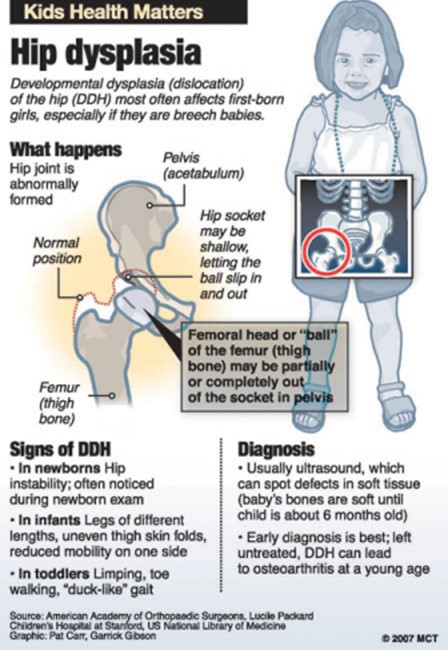A nurse is caring for an 18-month-old toddler who has been hospitalized for 10 days. After the toddler's mother leaves the room, the nurse observes the toddler sitting quietly in the corner of the crib, sucking her thumb. When the nurse approaches the crib, the toddler turns away from the nurse. The nurse should understand that these behaviors indicate which of the following developmental reactions?
Developing autonomy
An anxiety reaction
Resentment toward the mother
Regression
The Correct Answer is B
These behaviors suggest that the child is experiencing distress or discomfort in response to the separation from the mother and the hospital environment.
Anxiety reactions are common in toddlers who are hospitalized or experience separation from their primary caregivers. It is a normal response to unfamiliar and potentially stressful situations. Toddlers at this age are still developing a sense of security and trust in their environment, and being in the hospital can disrupt their routine and comfort.
It is important for the nurse to provide a calm and supportive environment for the toddler, offering reassurance and comfort. The nurse can engage in activities that promote a sense of security and provide opportunities for the toddler to express their emotions and fears, such as through play or comforting rituals.
Nursing Test Bank
Naxlex Comprehensive Predictor Exams
Related Questions
Correct Answer is D
Explanation
This indicates a potential vision problem in the child that needs further evaluation and intervention. Squinting to see the board suggests that the child may be experiencing difficulty with vision or visual acuity, which can impact their academic performance and overall well-being.
Correct Answer is D
Explanation
DDH refers to an abnormal development or alignment of the hip joint, which can lead to instability or dislocation of the hip. An asymmetric thigh fold is a common physical finding in DDH, where there is a difference in the skin fold between the affected and unaffected sides of the thigh. This occurs due to the malposition or displacement of the femoral head within the acetabulum.
While other findings may also be present in DDH, such as an inwardly turned foot on the affected side (also known as a positive Ortolani or Barlow test), absent plantar reflexes, or a lengthened thigh on the affected side, the asymmetric thigh fold is a key indicator of hip dysplasia in a newborn.

Whether you are a student looking to ace your exams or a practicing nurse seeking to enhance your expertise , our nursing education contents will empower you with the confidence and competence to make a difference in the lives of patients and become a respected leader in the healthcare field.
Visit Naxlex, invest in your future and unlock endless possibilities with our unparalleled nursing education contents today
Report Wrong Answer on the Current Question
Do you disagree with the answer? If yes, what is your expected answer? Explain.
Kindly be descriptive with the issue you are facing.
